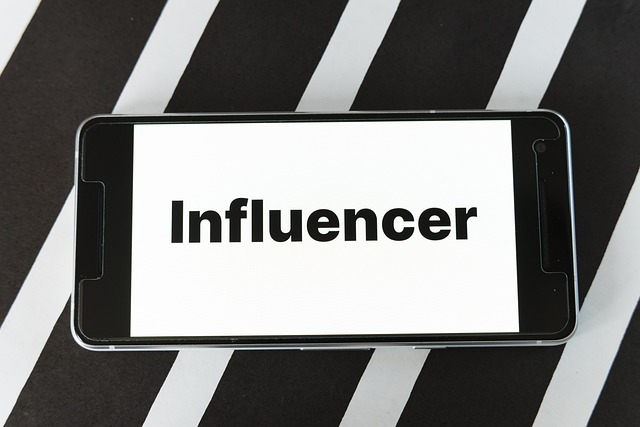


When Crisis Threatens an Influencer-Deal Partnership
By Eric Yaverbaum for O’Dwyer’s
2022 brought no shortage of high-profile crises for brands and celebrities alike.
Under Elon Musk’s thumb, Twitter has been marred by continual controversy, including imposter Twitter accounts buying verified status and pretending to be brands—a subscription service that later relaunched with a higher price tag—and at one point, Musk even mentioning bankruptcy. From an internal operations standpoint, Musk can anticipate arbitration cases en masse from his sudden and abrupt staff layoffs.
Worst of all? Musk’s takeover brought about an instantaneous rise in hate speech on Twitter that’s downright dangerous. Unchecked, hate speech online can lead to real-life violence, and arguably, from the Colorado Club shooting to threats directed at synagogues to highly misrepresented data on hate crimes, it’s not hard to see it already has.
Hate speech isn’t stopping at random trolls on Twitter either. Kanye West (Ye) has been progressively falling into an antisemitic web, spewing nonstop hate on whatever media platform that will have him. While the rapper has since been suspended from Twitter and Clubhouse, he’s still getting unfiltered airtime on shows like Tucker Carlson. Ye has an audience of millions he can spread his ideas to, and his words can lead to real-life violence.
Ye and Musk haven’t gotten off scot-free. Brands such as Adidas, Gap, Balenciaga, JP Morgan Chase, CAA and Foot Locker, among others, have all dropped Ye. Not to mention Balenciaga, General Motors, Eli Lilly and Playbill have all left Twitter, and the platform had to offer incentives in order to get advertisers back on board. These aren’t the only examples of brands ending an influencer deal due to hate speech, or vice versa. Nike terminated its deal with Kyrie Irving after the NBA player promoted an antisemitic film on Twitter. Kim Kardashian put out a statement regarding her work with Balenciaga after the brand released abhorrent ads related to child abuse and safety.
Brands are facing a widespread conundrum that is really just getting started. If a company partners with the wrong celebrity or influencer, they’re leaving themselves wide open to public criticism and potential crisis. Just look at Adidas, the company got slammed in the media and its stock took a hit for not acting soon enough after Ye’s antisemitic remarks and it stands to lose millions from pulling its Yeezy line.
So, how do brands work with celebrities and influencers while avoiding a significant media crisis should they find themselves entwined with the wrong person? The first step seems obvious, yet isn’t always so simple, and that’s doing due diligence on whoever you plan to partner with. Just like when choosing a brand name or company identifier, a company must do research to ensure the person they’re choosing to work with isn’t going to offend or alienate audiences. Likewise, brands should consult with experts and leaders of various interest groups and marginalized communities. Companies must try to do everything in their power to make sure they aren’t about to team up with someone harmful to the safety of others and subsequently to their brand. For more, click here.